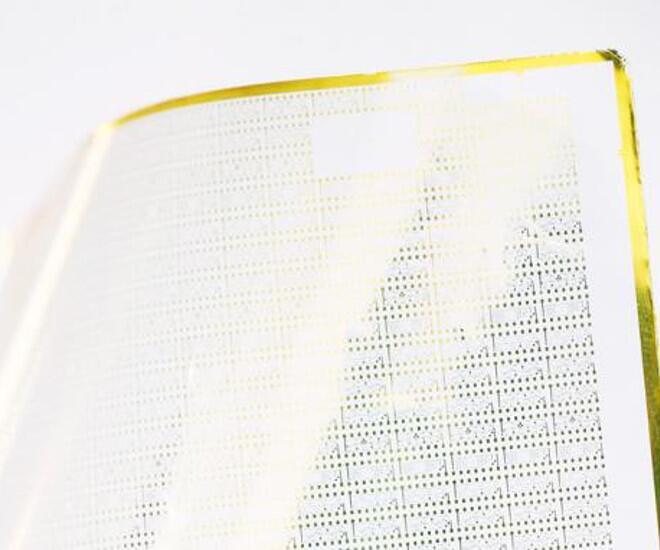Thin, flexible ICs fit into smart packaging
Article By : Graham Prophet

The technology is built around a planar nano-transistor, in which the conducting channel and gate structure are co-planar.
Cambridge, UK-based start-up PragmatIC has secured a $21.84 million (£18 million) funding to take its technology for printing electronics on flexible substrates to production readiness.
The company has been developing a technology for printing electronics—with all circuit element, including transistors and other active devices—on flexible substrates, with the aim of producing very low cost devices for areas such as wearables and “smart packaging.”
PragmatIC looks to accelerate the mass deployment of intelligent packaging following the funding round from investors, which include packaging and labelling giant Avery Dennison and follow-on investment from ARM and Cambridge Innovation Capital. Avery Dennison, in particular, exploiting the potential of PragmatIC’s flexible integrated circuits (flexICs) in its inlays portfolio–the company is already a very high volume producer of RFID tags for inventory control and related uses.
“Avery Dennison works with more than 10,000 converters, brand owners and retailers worldwide, making them an ideal supply chain partner to deliver solutions based on our unique technology,” said Scott White, Chief Executive Officer, PragmatIC.
The company regards its technology as an enabler for the Internet of Things and will, according to Mike Muller, CTO of ARM, "open up a whole new world of computing." It is built around a “planar nano-transistor,” in which the conducting channel and gate structure are co-planar. Circuitry is laid down in layers that are of the order of 100nm thick, and have feature sizes of the same order.
![[PragmatIC technology]](/wp-content/uploads/sites/2/2020/04/PragmatIC_technology.jpg)
__Figure 1:__ *PragmatIC’s planar nano-transistor (Source: PragmatIC)*
A type of self-alignment is inferred, and the company says this maintains critical spatial relationships even on substrates that bend and stretch. The process is capable of complexity of [at least] enough to construct an RF or NFC tag. Among the company's claims for its process are that it can be 1/10th the cost of silicon and in “many applications,” can product a circuit for under 1¢.
"FlexICs are difficult to make because they require a very tightly specified series of material deposition and patterning steps, with thickness and features sizes controlled to sub-micron accuracy. However PragmatIC's pilot scale process overcomes these challenges. It has developed a ‘fab-in-a-box’ concept that allows PragmatIC to scale up production capacity dramatically, and specifically to do so with a very low capital cost and per-unit production cost, as well as automating the complete process to allow it to sell this equipment to supply chain partners," PragmatIC said.
Subscribe to Newsletter
Test Qr code text s ss


